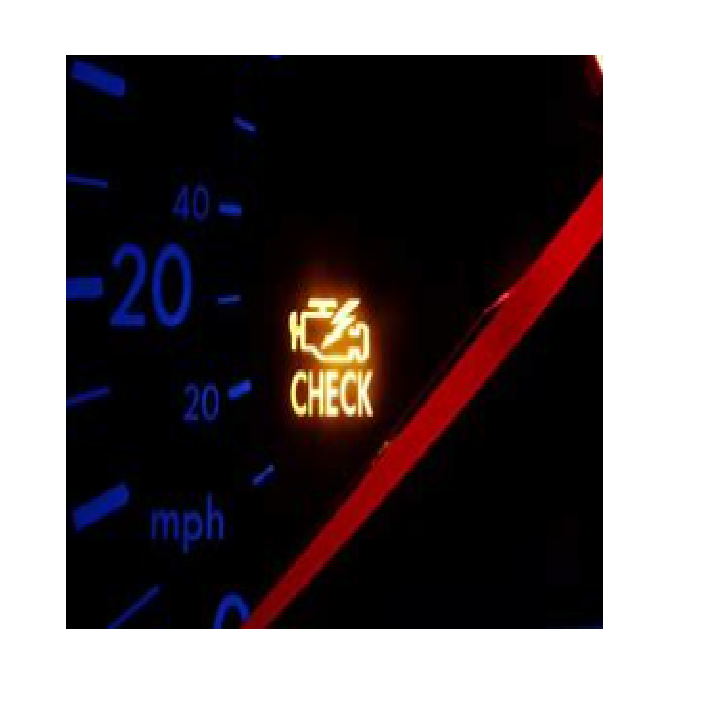Aswan Engineering Establishment v Co v Lupdine Ltd, [1987] 1 All ER 135
Citation:Aswan Engineering Establishment v Co v Lupdine Ltd, [1987] 1 All ER 135
Rule of thumb:If a product you have bought breaks, can you make pleas in law from personal injury product liability statutes? As a general rule, no, these pleas in law will be deemed to be irrelevant. Moveable property law/sale & supply of goods is regarded as a distinct commercial subject in law from ‘product liability’ and so they should generally not be intertwined & conflated.
Judgment:
The Court in this case held that often the distinction between raising a case as a personal injury action for defective products and raising a commercial action for unsatisfactory products is a fine one, ‘The distinction between a defective product which renders the product itself less valuable, and a defective product which creates a danger to other property of the plaintiff, was the corner-stone of Lord Brandon of Oakbrook’s dissenting speech in the Junior Books case . . . . It is a distinction which is well established both in English and American law. Where the defect renders the product less valuable, the plaintiff’s remedy (if any) lies in contract. Where it creates a danger to other property of the plaintiff, the remedy (if any) lies in tort . . If Aswan had bought empty pails from a third party and then used the pails for exporting the Lupguard, clearly there would have been damage to other property of the plaintiffs. But in the present case the property in the pails and the property in the Lupguard passed to the plaintiffs simultaneously. Indeed, it is rather artificial to think of the property in the pails passing at all. Aswan were buying Lupguard in pails. They were not buying Lupguard and pails. One can think of other cases by way of illustration without difficulty. If I buy a defective tyre for my car and it bursts I can sue the manufacturer of the tyre for damage to the car as well as injury to my person. But what if the tyre was part of the original equipment? Presumably the car is other property of the plaintiff, even though the tyre was a component part of the car, and property in the tyre and property in the car passed simultaneously. Another example, perhaps even closer to the present case, would be if I buy a bottle of wine and find that the wine is undrinkable, owing to a defect in the cork. Is the wine other property, so as to enable me to bring an action against the manufacturer of the cork in tort? Suppose the electric motors in the Muirhead case [1986] QB 507 had overheated and damaged the pumps. Would the plaintiff have recovered for physical damage to the pumps as well as the lobsters? I do not find these questions easy. There is curiously little authority on the point in England compared with America, where the law as to product liability is more highly developed. My provisional view is that in all these cases there is damage to other property of the plaintiff, so that the threshold of liability is crossed. Whether liability would be established in any particular case is, of course, another matter. So while I recognise the existence of the first ground of distinction between the Muirhead case and the present case, and while I accept that the purchase of the pail was only incidental to the purchase of the Lupguard, I am not prepared to decide this case in favour of [the manufacturers of the pails] on that ground.’ Lloyd J

Warning: This is not professional legal advice. This is not professional legal education advice. Please obtain professional guidance before embarking on any legal course of action. This is just an interpretation of a Judgment by persons of legal insight & varying levels of legal specialism, experience & expertise. Please read the Judgment yourself and form your own interpretation of it with professional assistance.

